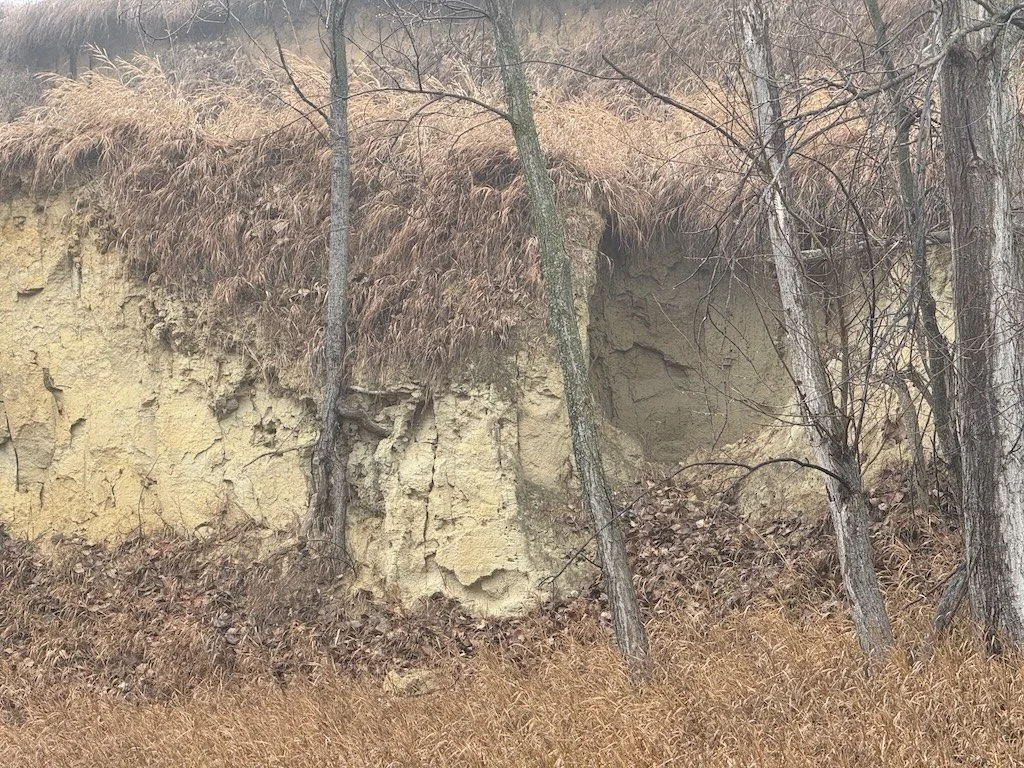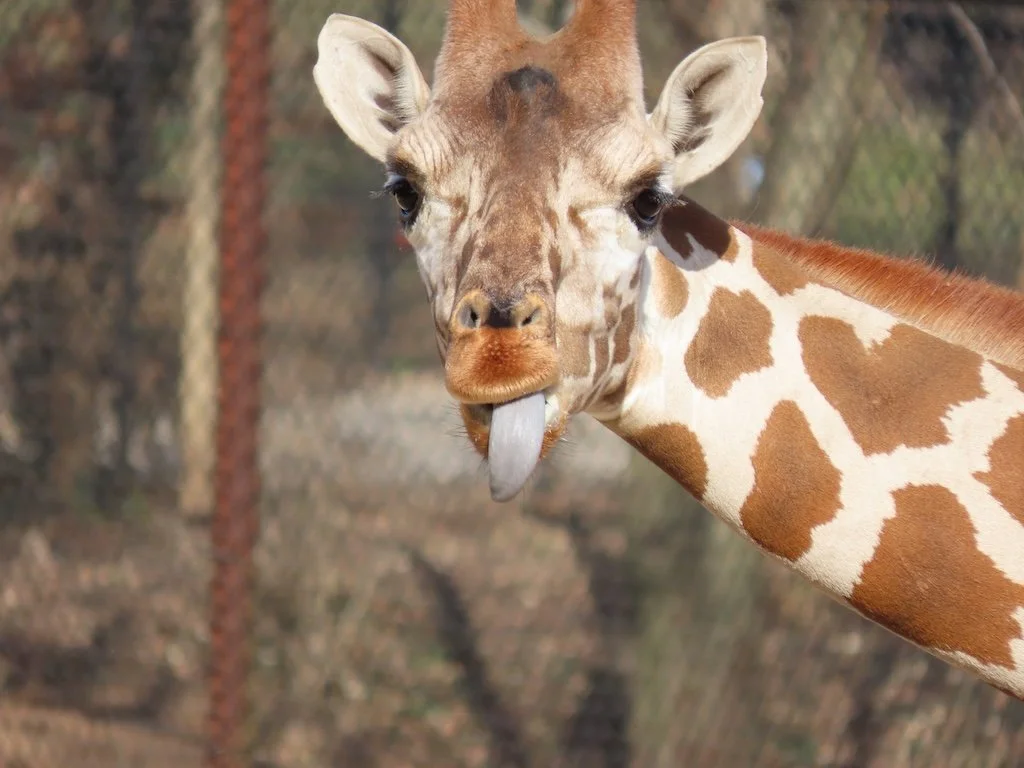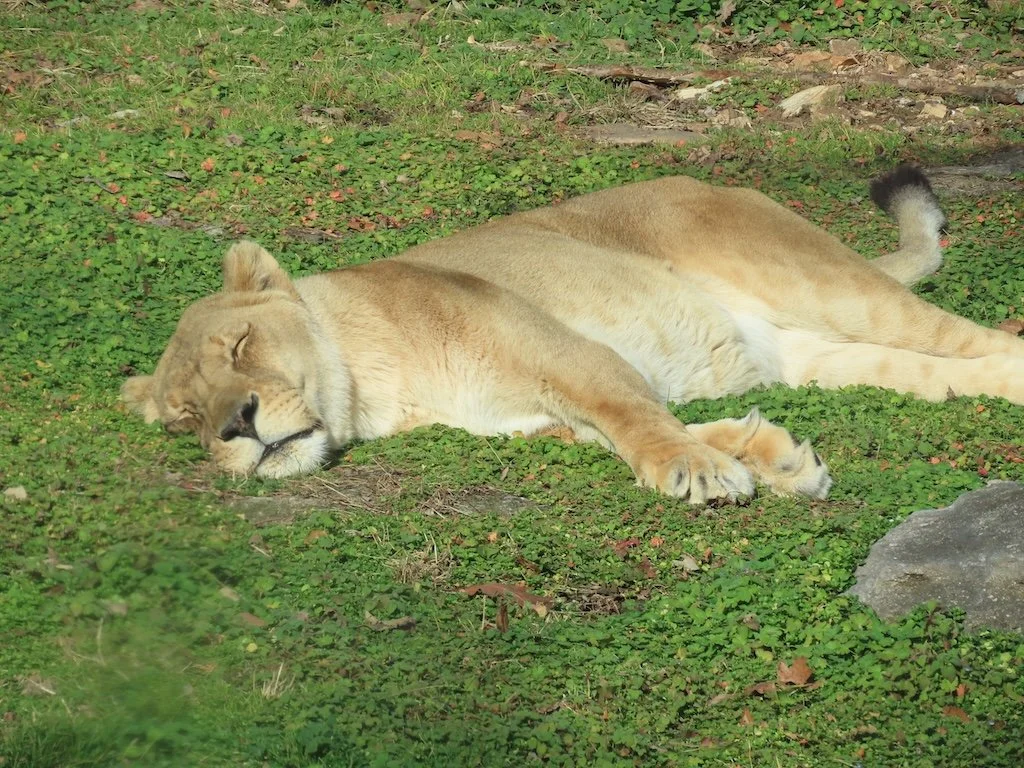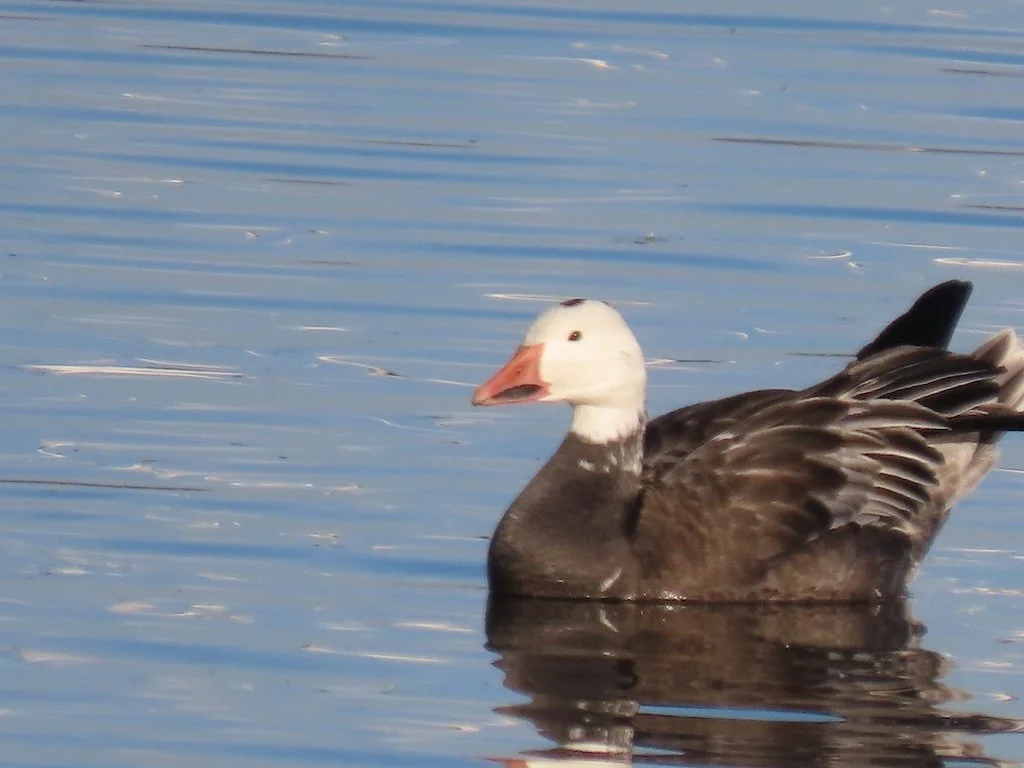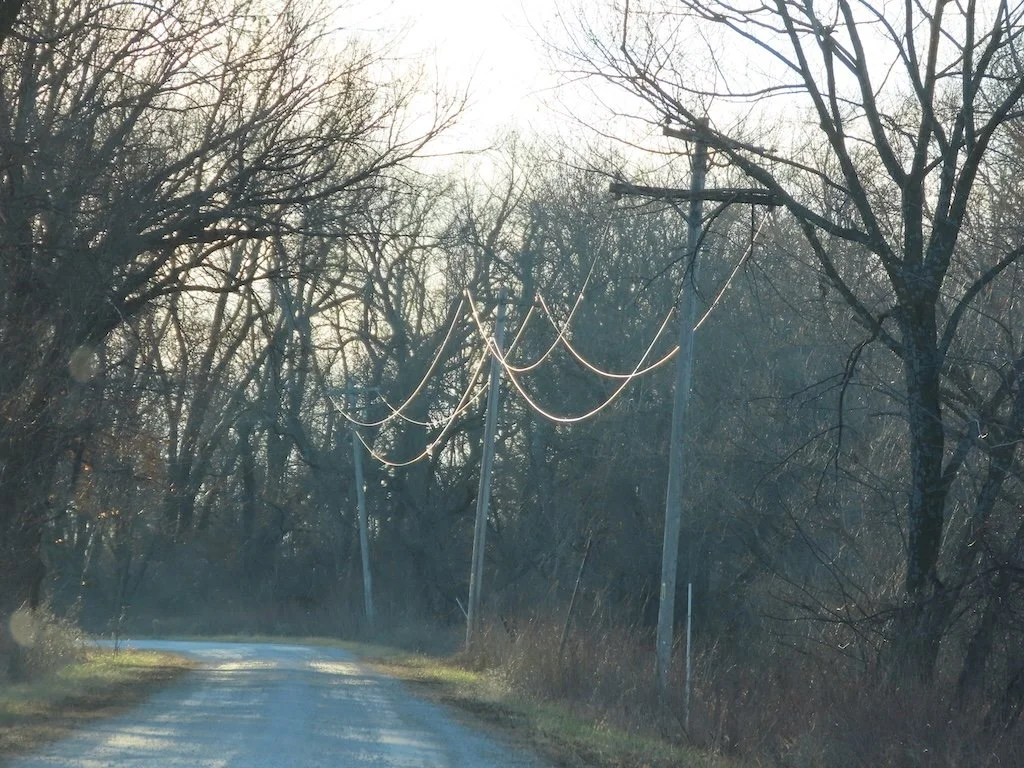Gleanings of the Week Ending April 21, 2012
/The items below were ‘the cream’ of the articles I read this past week:
Trekking Poles - A comparison of 3 hiking sticks. I am eventually buy a pair
Innovate or Evaporate commentary - from Norm Augustine - After a major study of the ever widening education gap, Management Consultant McKinsey and Co. concluded that "if U.S. youth could match the academic performance of students in Finland, our economy would be between 9 and 16 percent larger."
4 feet of hail near Amarillo TX on 4/11 - Wow…and then came flash flooding when it melted
Traveler’s Checklist: Petrified Forest National Park - Things to do and see
1000 Days of Infrared Wonders - 10 images from the Infrared Array Camera aboard NASA’s Spitzer Space Telescope (there is a ‘tornado’ nebula!)
Magnifying the Universe - Click on the graphic…and start looking at the relative size of things…from the observable universe to a hydrogen atom
Space Shuttle Discovery Flies Over the National Mall - En route to its museum home on 4/17
Atul Gawande: How do we heal medicine (TED talk)
The Worrying Consequences of the Wikipedia Gender Gap - Almost half the readers of Wikipedia are women but they make up only 13% of those that contribute…and it appears to be impacting the content
State of Flux - NASA’s images of change…mining growth in Chile, Dead Sea, plus more…in time for Earth Day on 4/22 (look at the bottom to see more before and after images…there is a series of pictures of the Dallas-Fort Worth area from 1974 to 2003)


